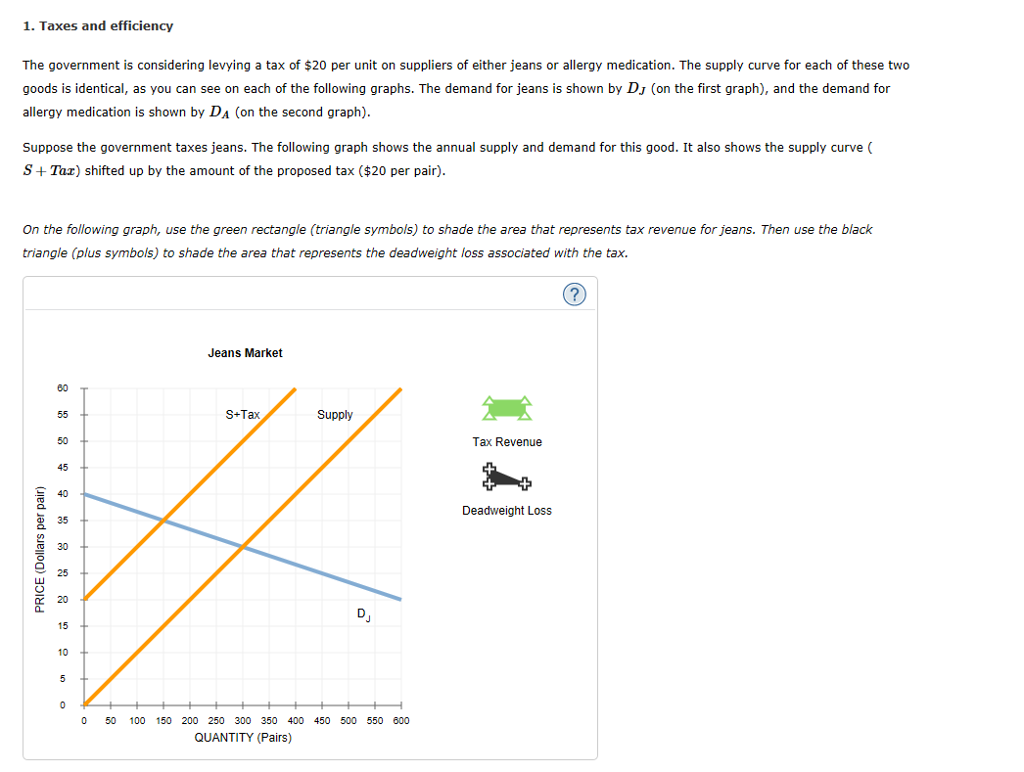
If enacted, the imposition of a global minimum tax will have significant impact on the use of tax incentives. The blueprint is targeted at profit shifting involving intangibles rather than substance-based incentives (such as for manufacturing activities). In its simplest form, the OECD’s global minimum tax proposal involves paying a ‘top-up tax’ at the level of the parent company if income made further down the ownership chain has been taxed below the global minimum rate. In our view, most jurisdictions will accept some element of limitation on tax policy, particularly if they see a broader benefit from the wider package of the OECD reforms. As such, it must balance a nation’s right to sovereignty with a policy objective of making much needed updates to global taxing frameworks. With a global minimum tax around the corner, it is useful to consider its impact on tax incentives and policy making.Īny global minimum tax operates to limit a national government’s ability to exercise tax policy how it sees fit. Since the US’s re-engagement with the OECD process, there has been a change in the mood music with many commentators now believing that an international consensus on both Pillar One and Pillar Two is possible and perhaps even imminent. Again, Biden is seeking the OECD’s global minimum tax regime to align with the US GILTI regime. The GILTI regime currently operates on a global basis and Biden is proposing that this moves to a country-by-country basis.

This would limit the scope of the global minimum tax.Īs previously stated, this change in scope needs to be considered in the context of Biden’s wider domestic tax reform. A global approach would allow a multinational to blend high tax and low tax profits, effectively allowing taxes paid in higher tax jurisdictions to shield lower taxed income. The difference between calculation methods is important. The US’s effective endorsement of this approach however makes it more likely to happen. This was still technically an open point at the OECD discussions, although the direction of travel was favoring a jurisdictional basis of calculation. The second element of the counter proposal by the Biden Administration is that any global minimum tax should be calculated on a jurisdiction-by-jurisdiction basis rather than a global basis.

With the US now stating that it will accept a global minimum tax of 15% or higher, this will allay some concerns, and not just those expressed by Ireland, as other jurisdictions also expressed concerns that a 21% global minimum was too high.

Paschal Donohoe, the Irish Finance Minister, has said he would support a minimum rate that allowed ‘appropriate and acceptable’ tax competition which he believes is especially critical for smaller economies to allow them to compete with larger economies.1

However, a near doubling of the proposed global minimum rate to 21% would have significant impact on its ability to attract inward investment as mentioned above. If successful, the OECD proposed changes, particularly the adoption of a global minimum tax, will be significant and foundational. US engagement is welcome in moving the talks forward and, without doubt, US endorsement of a global minimum tax will be critical to whether the proposals can succeed and progress to implementation. The US proposals sit alongside a package of proposed domestic tax reforms set forth by the Biden Administration, which include a hike in the federal tax rate to 28% and a redesign of the GILTI regime (the US version of a minimum tax regime) which would, among other things, increase the GILTI tax rate to 21% and apply the regime on a jurisdiction-by-jurisdiction basis. The past few months have seen a significant shift however, as the Biden Administration has signaled the US commitment to fully re-engage with the OECD to reach consensus on a two-pillar solution.įurther to this commitment, the US Treasury has withdrawn its insistence on a safe-harbor approach to Pillar One, set out an alternative proposal, and expressed support for the adoption of a global minimum tax.


 0 kommentar(er)
0 kommentar(er)
